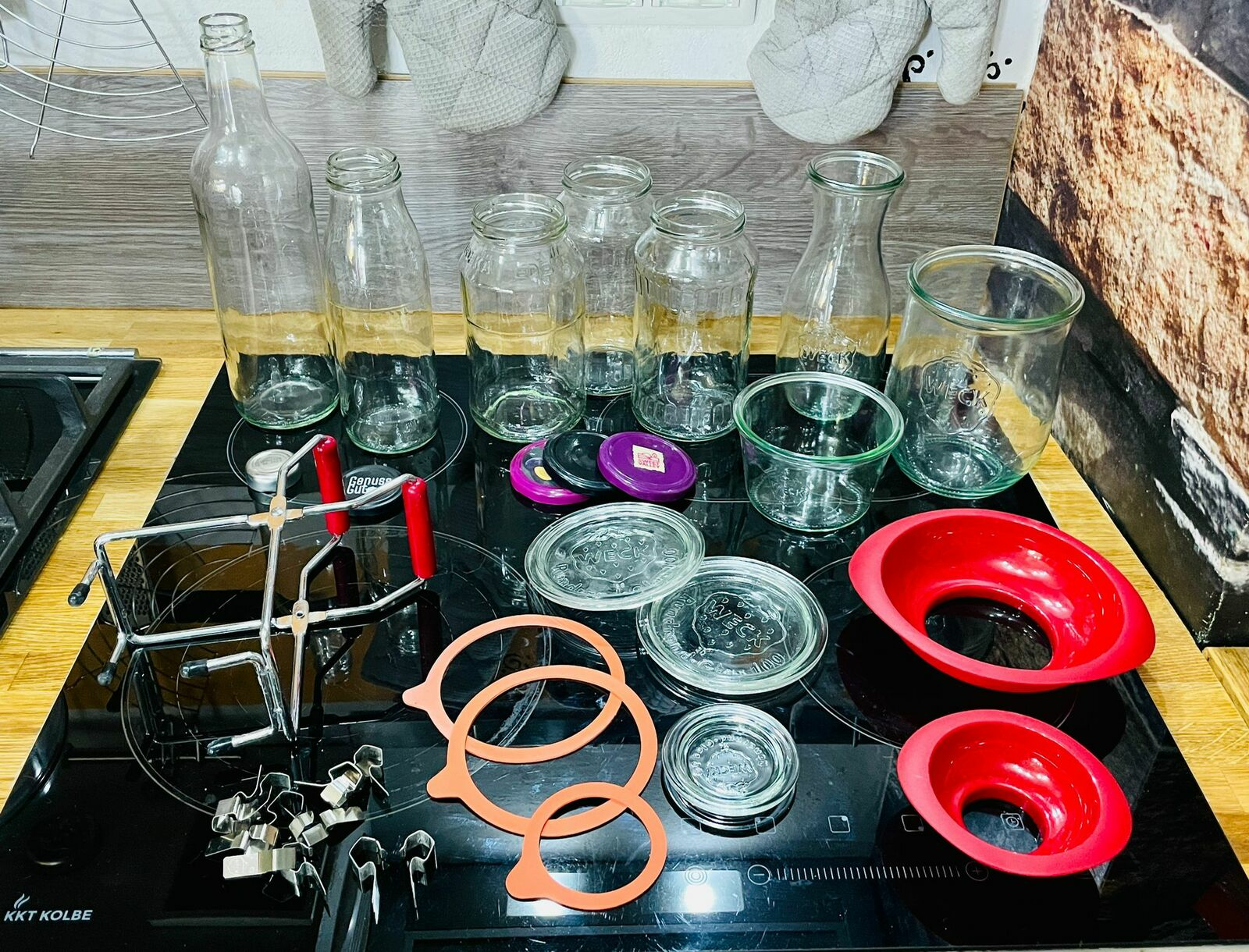
The Right Jars for Preserving
As there are many different jars for preserving, I have put together a little jar guide here. This article was written by Dietl Stefan Markus Bastian (SMBD) from the Fryd community.
This Article Contains:
Quick Overview
Preserving Jars
- Twist-off jars with screw cap
- Slump jars (Weck jars)
- Jar jars
When preserving, pay attention to the seal on tumblers and swing-top jars. If the rubber is made of silicone, you cannot use it for canning, only for storage!
Twist-off Glasses (TO)
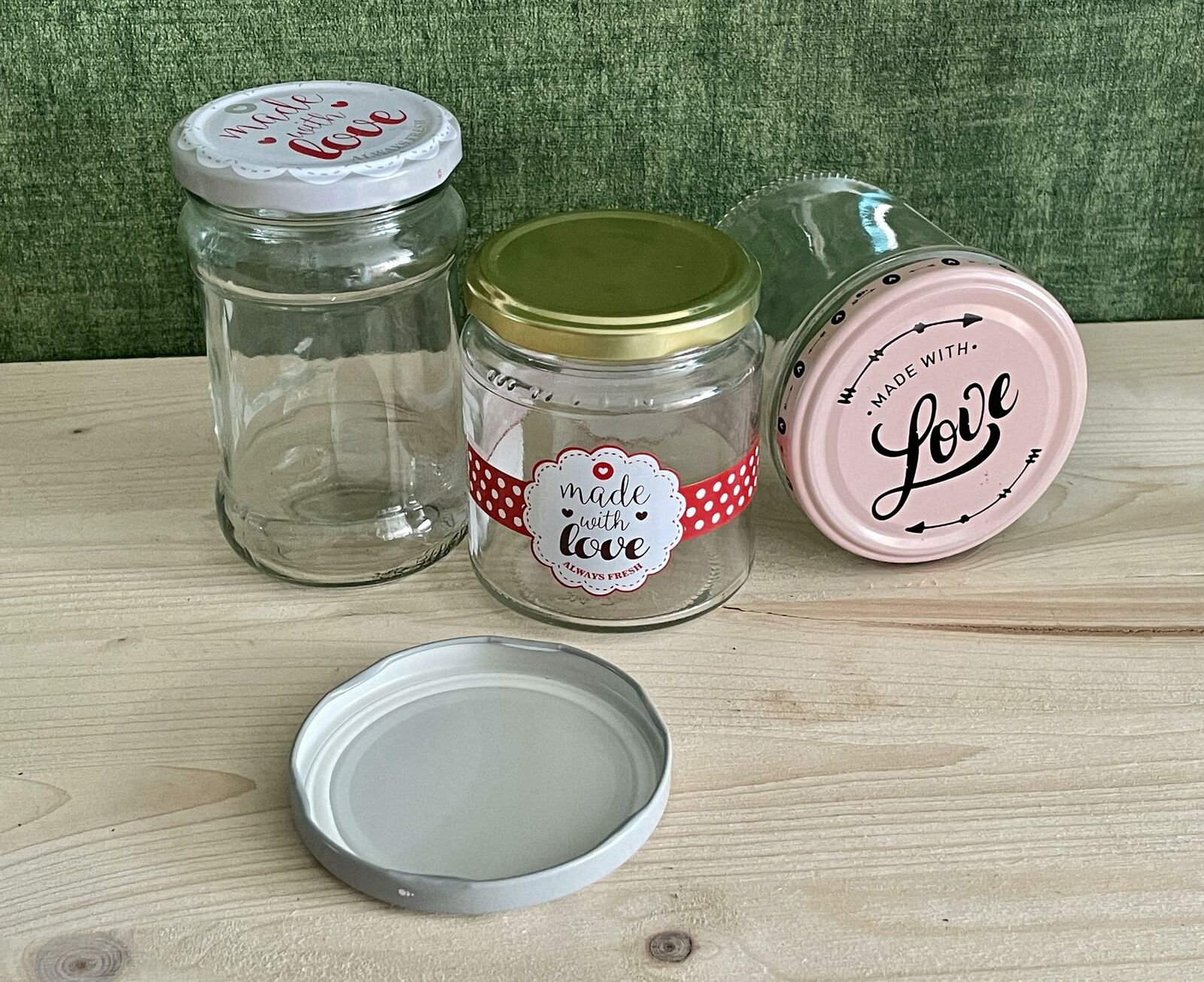
Twist-off jars (TO) are those that have a screw cap. For beginners, these are often easier to handle than twist-off jars. You can also use used jars, e.g. well-rinsed jam, fruit/vegetable and cucumber jars. Please make sure that the lids are NOT damaged!
There are TO lids with a white rubber seal and those with a blue rubber seal. The ones with the blue seal need one more step, because this seal has to be warmed up under heat (hot water bath) and thus softened.
Note: The seal gaskets are now not only available in blue, but also in white and even orange. The manufacturers almost only produce the new seal. It is difficult, if not impossible, to distinguish them from the "old" seals. It would therefore be advisable to place them all in hot water at a temperature of at least 80 degrees for 5-10 minutes and then screw them onto the glass immediately, hot and wet.
Slump Jars (Weck Jars)
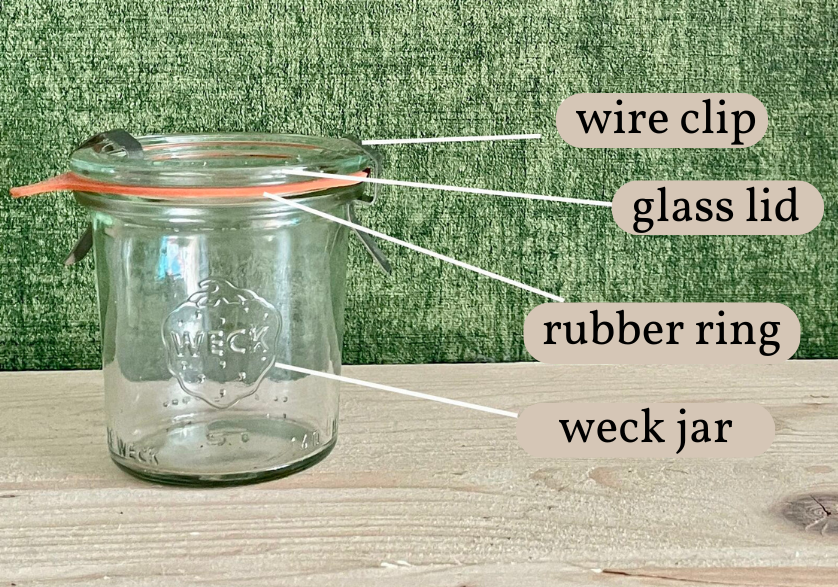
Crushed jars (Weck jars) are jars with a loose rubber ring. Here you have to make sure that the rubber seal is not porous or made of silicone. The rubber seals are now also available in many different colors, but a Weck jar is only suitable for cooking in if the seal is not made of silicone!
2 clamps should be used per jar (pressure cooker 3 pieces as the pressure is higher). The rubbers must fit the respective jar. In other words, the right size and type. The same applies to the clamps.
When closing the jar, make sure that they fit correctly. The new glasses have a rim to help you with this, but it's a bit tricky with the older ones.
Info: With the older jars, the rubber is placed on the jar and the lid on top. With the newer jars, the rubber is placed on the lid and then both are placed together on the jar. Practice this a few times beforehand.
Tinted Glasses
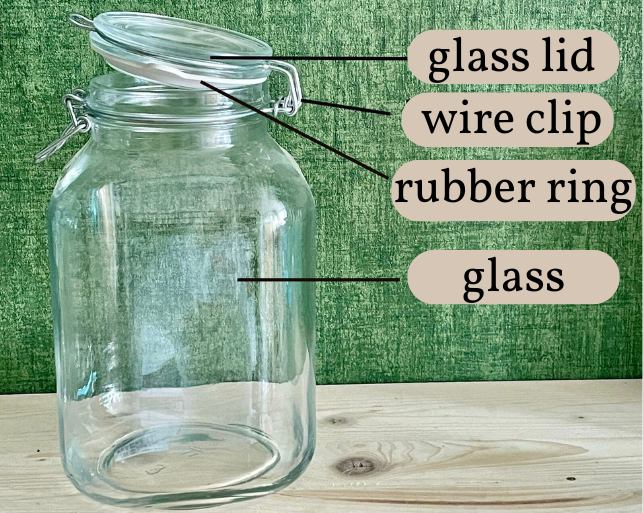
Canning jars are also suitable for preserving. The type of rubber is also important here. It must not be a silicone rubber, but again the orange rubber ring. As already mentioned, the white rubber bands are not suitable for preserving, but for storing.
Vacuum Test for All Types of Jars
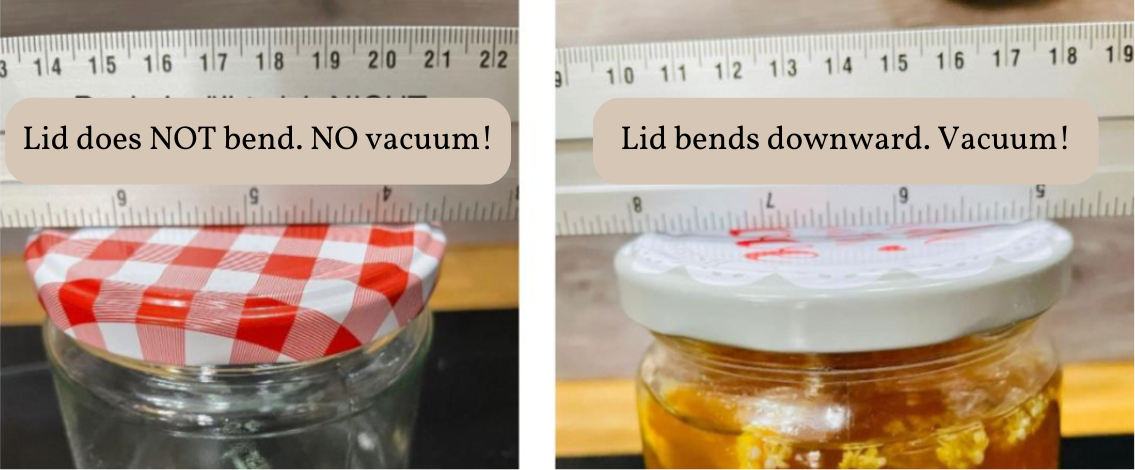
- Twist-off jars: After resting for 24 hours, place a ruler on the lid. Is there an indentation in the center of the lid? If so, the jar has drawn a vacuum (if there is no longer an indentation, the vacuum has been released).
- Inverted jar: After resting for 24 hours, remove the clamps and lift the jar by the lid. If the lid remains on, a vacuum is present. The clamps remain off. (If the vacuum is released one day, we can see it immediately).
- Glass jar with clamp: After the 24-hour resting period, we open the clamp to check whether a vacuum has formed. If the lid remains closed, we have a vacuum. The lid remains open (if the vacuum is released one day, we can see it immediately)
If you have any questions or comments, please write to us at [email protected]. Would you like to receive helpful gardening tips all year round and plan your own beds optimally? Then register here or download the Fryd app for Android or iOS.
Fryd - your digital bed planner

Fryd Community
Contributions from members of the Fryd community.
Current Topics in the Community
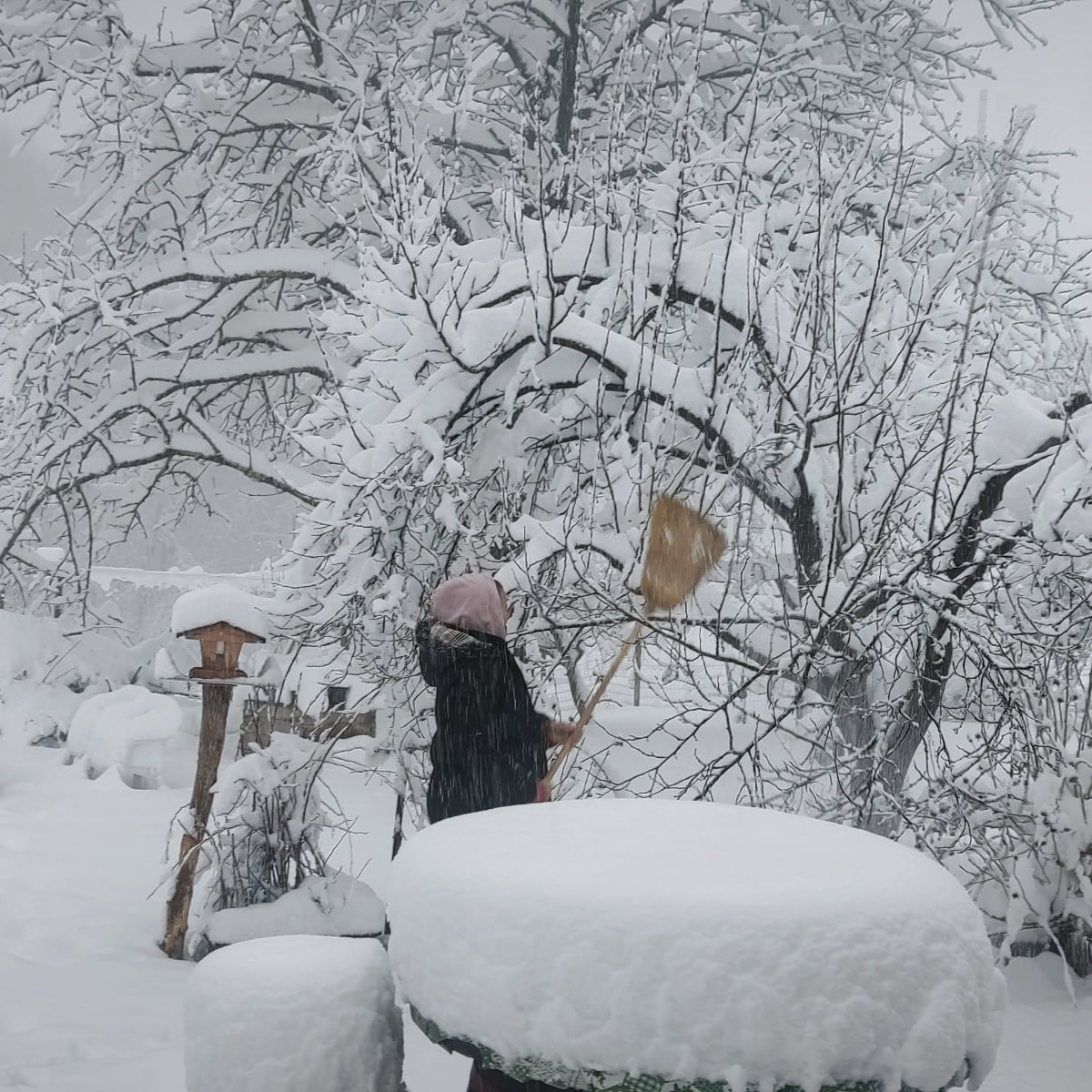
Is that necessary?
Show 1 answerLiked 1 times
#fryd Can you already enter the data for 2026 in Fryd Lab? That would give the most accurate results if I could always enter the latest information, such as peppers sown on..., pricked out on..., planted out on... Can you search for the plants you are currently sowing?
Show 1 answer
Hello dear gardening community, what kind of soil do you use for your seedlings after pricking them out, or what works best?
Show 1 answerPopular Articles
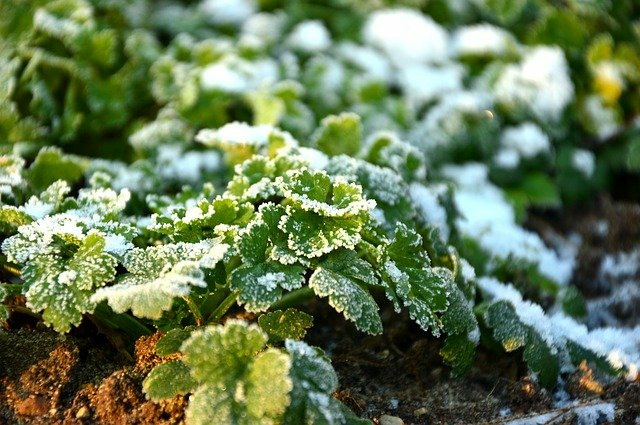
Overwintering Parsley: How to Do It Successfully
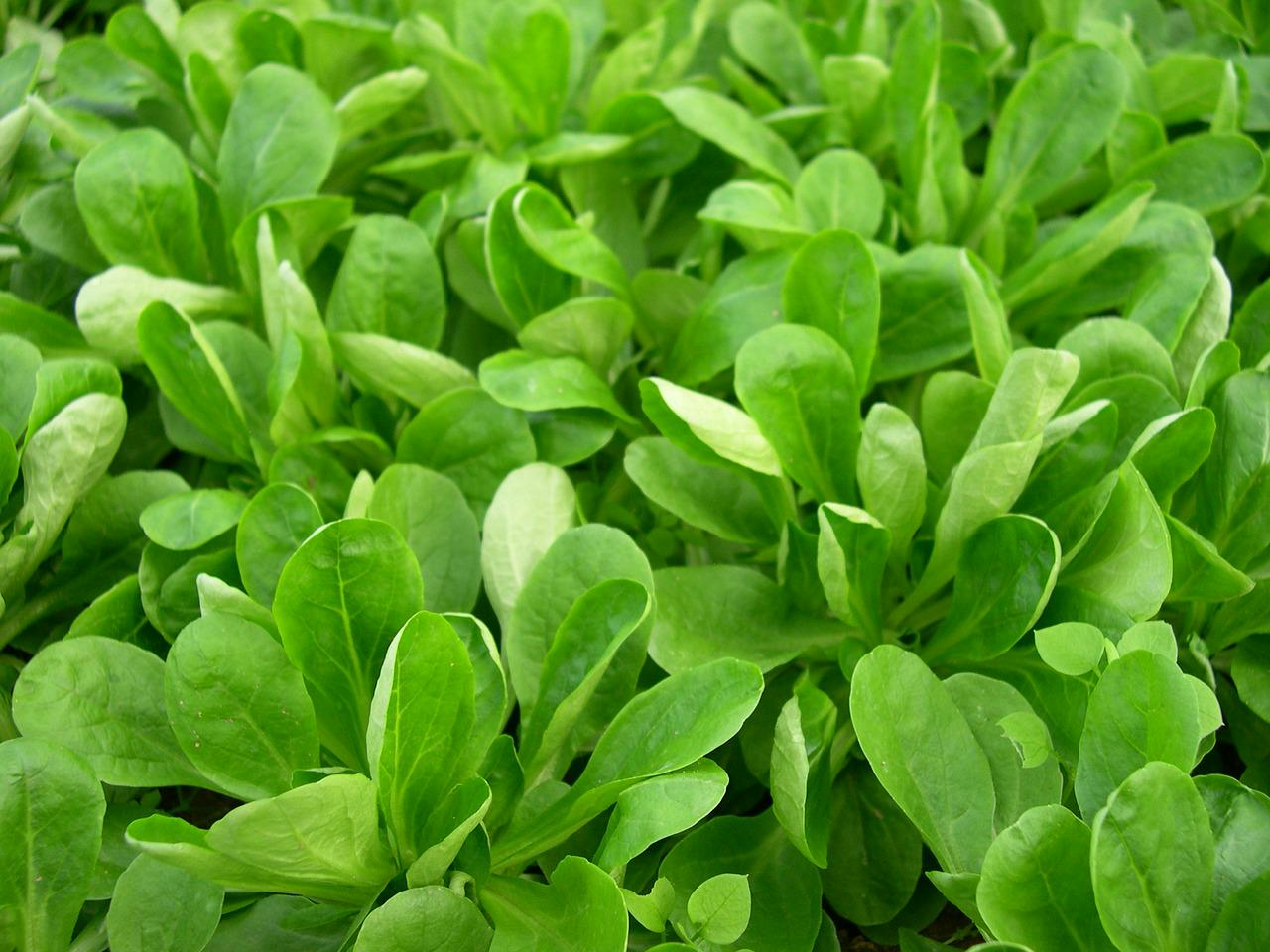
How to Grow Lettuce in Winter: Varieties, Sowing, Harvesting

Growing Sage Plant: Tips for Sowing and Harvesting
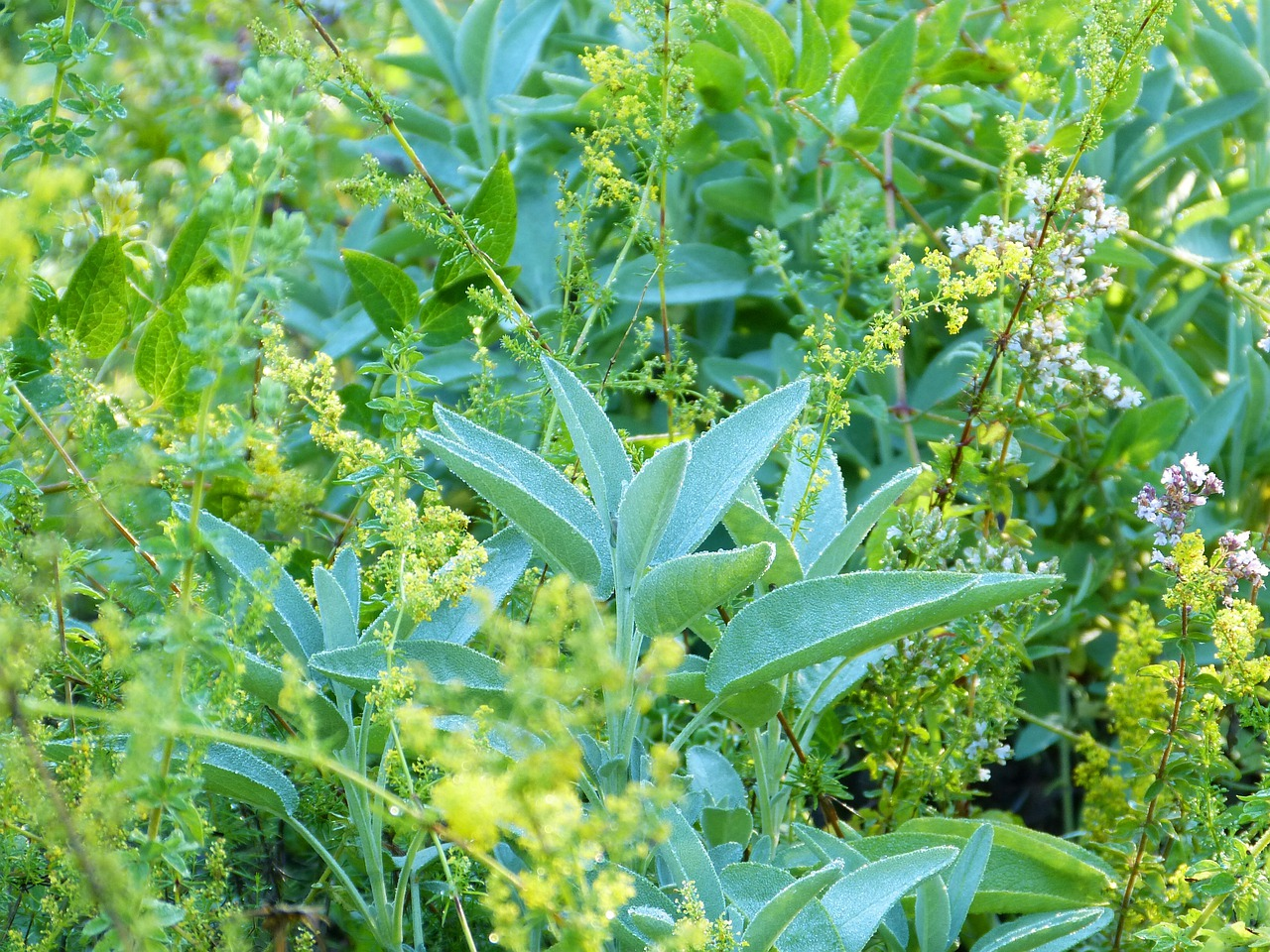
What Herbs Can Be Planted Together?
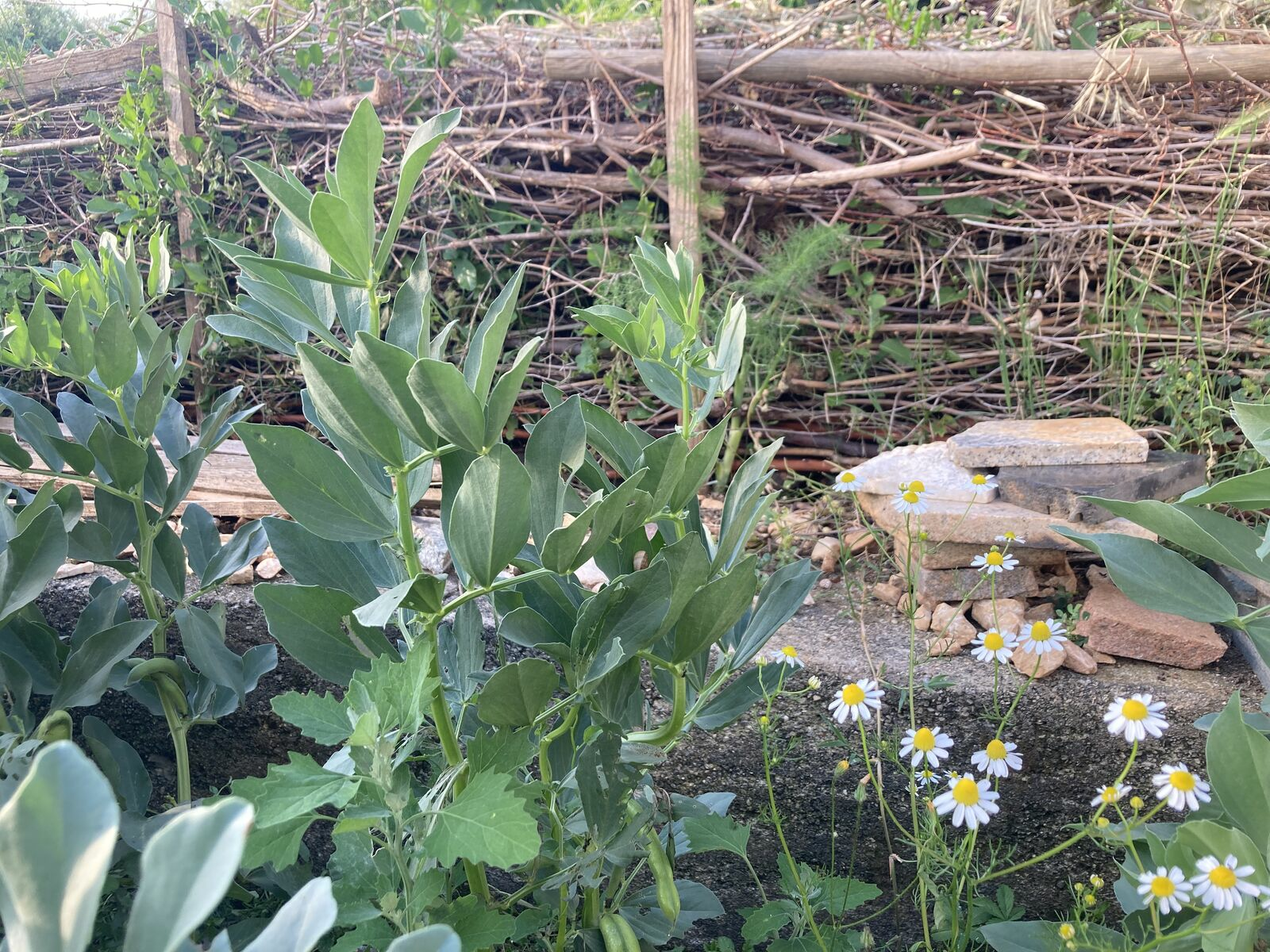
Create & Design a Permaculture Garden
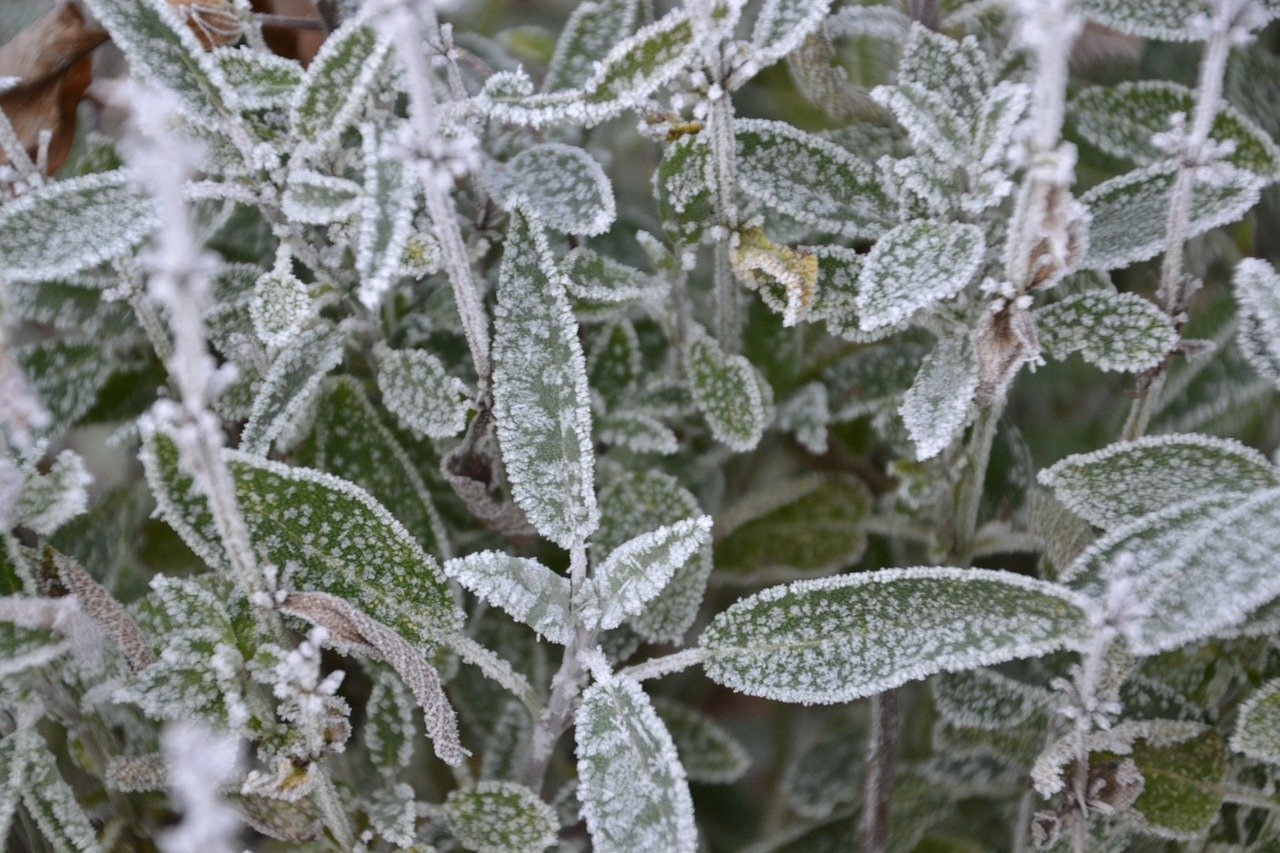
Overwintering Plants: Tubs, Pots and Raised Beds

Pruning, Fertilizing & Propagating Currants: Care Tips
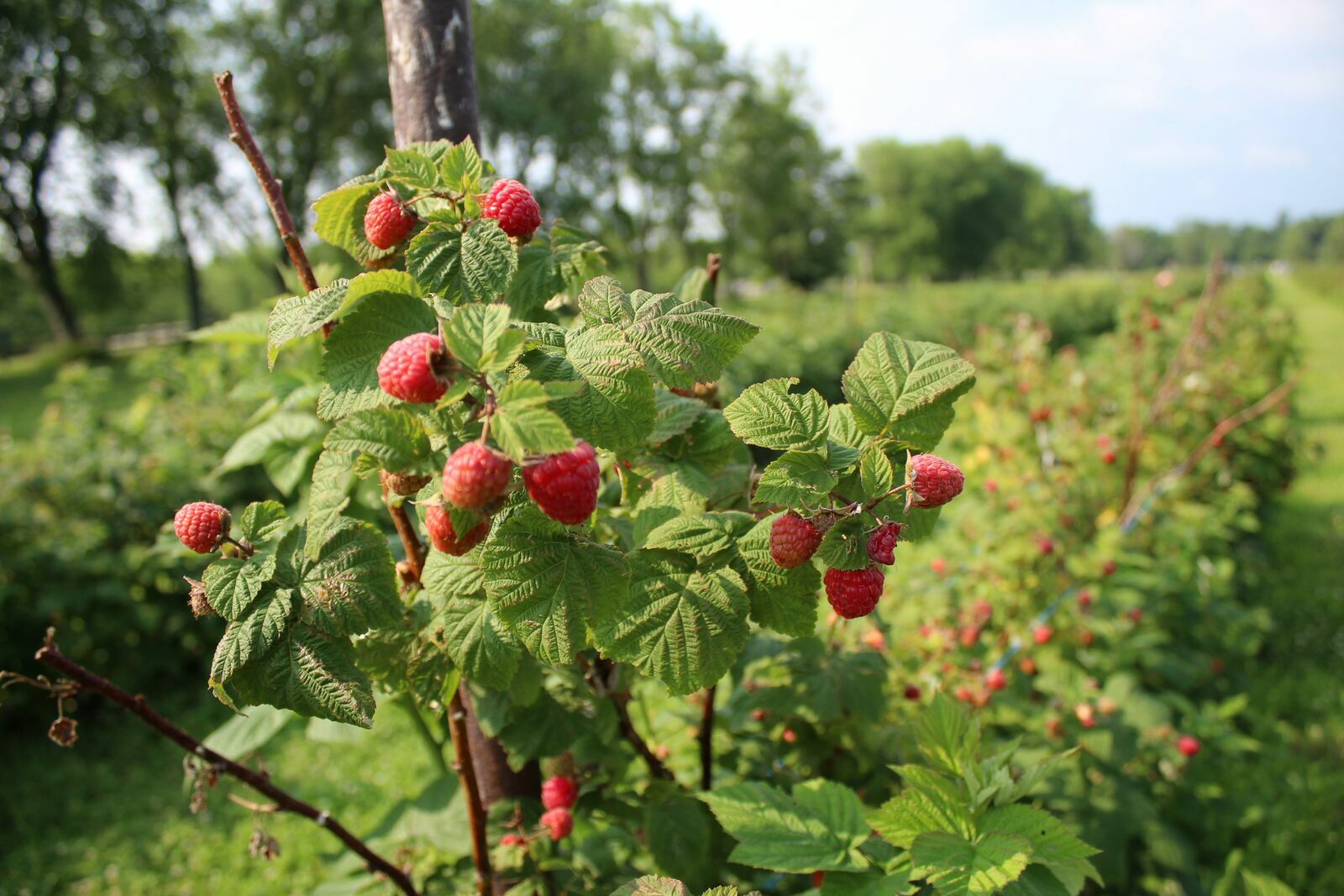
Pruning Raspberries: How to Do It
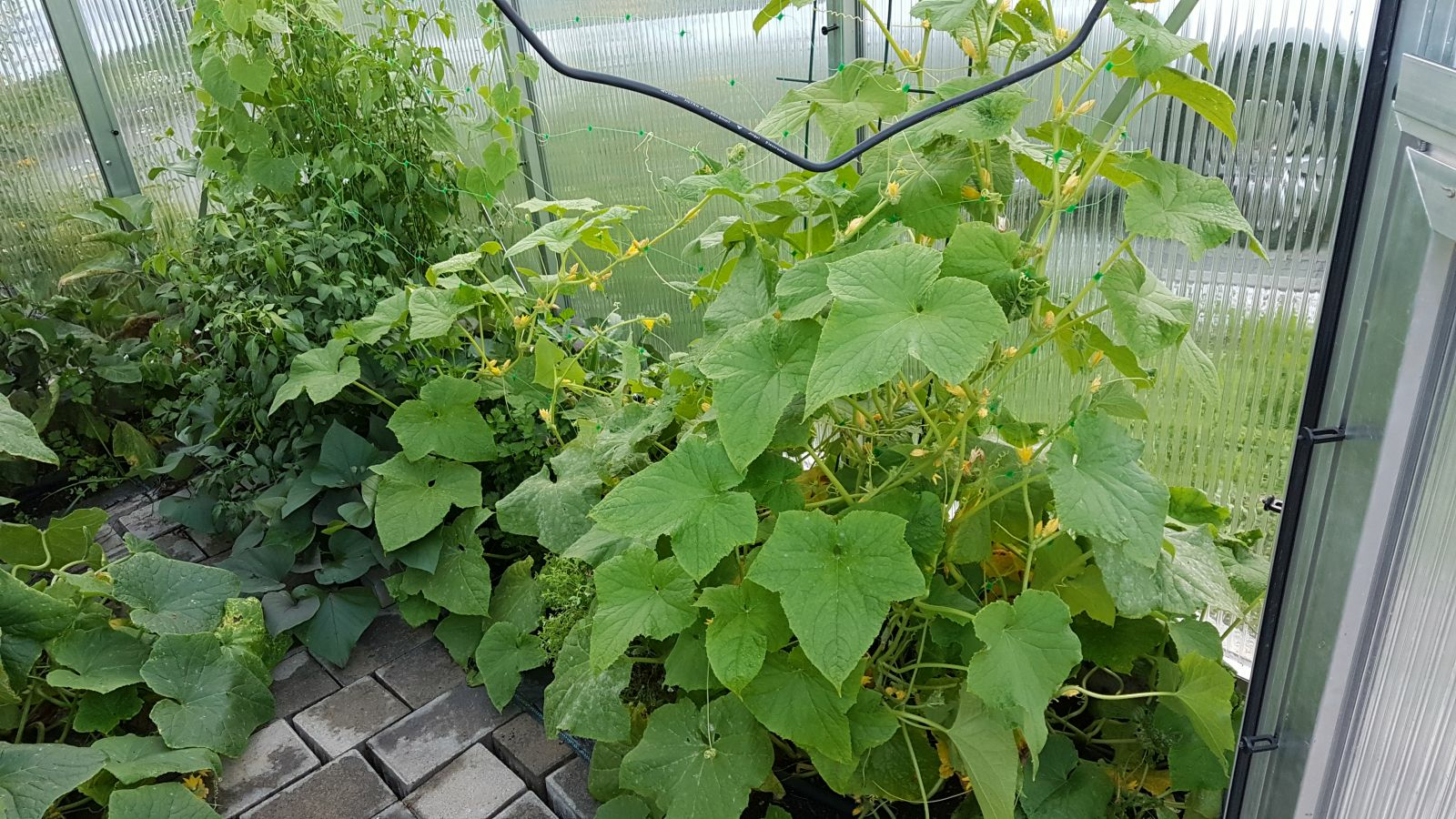
Vegetable Garden With Greenhouse: How to Use Greenhouse Effect
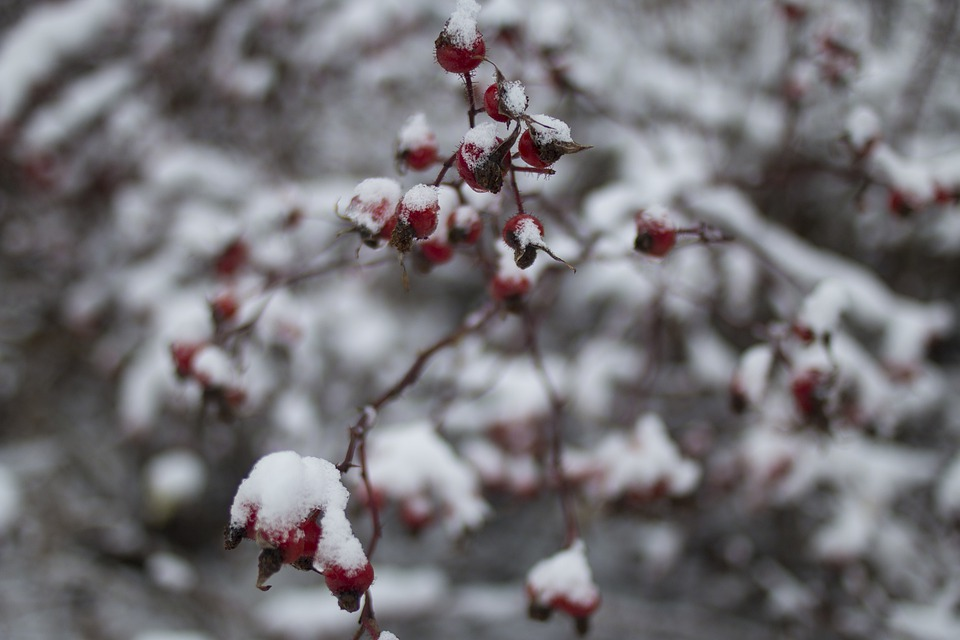
Winterizing Beds and the Garden: How to Do It
FAQ
Which jars can I use for preserving?
Twist-off jars (TO) with screw caps are ideal for beginners and the easiest to use. Tumblers and swing-top jars are also suitable for preserving.
What should I look out for in jars for preserving?
Pay particular attention to the sealing ring, especially with swing-top jars and tumblers! If the seal is already porous or made of silicone, they are not suitable for boiling down.
How can I test whether a vacuum has been created?
For jars with a screw cap, the lid curves downwards. For tumblers and clip-on jars, remove the clips or clip and test whether the lid holds firmly without them.